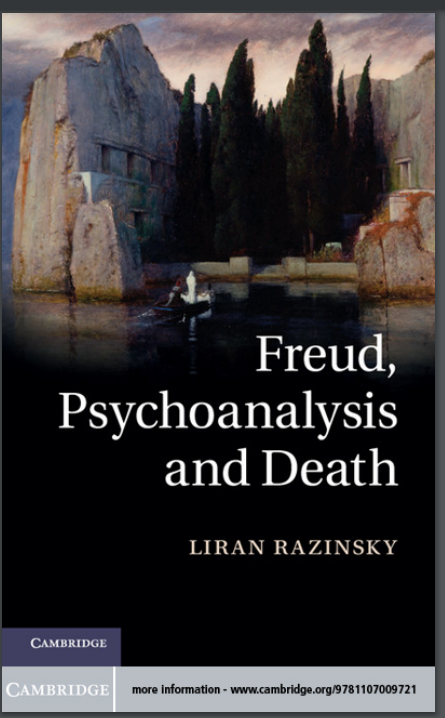

Freud, Psychoanalysis and Death by Sigmund Freud and Liran Razinsky is a deep exploration of one of the most complex, often hidden dimensions of psychoanalysis: the relationship between human beings and death. The book examines Freud’s ambivalent stance on death throughout his writings—at times seeing it as the ultimate end, while also acknowledging unconscious denial of mortality and the ways death shapes psychological life. Razinsky revisits Freud’s theories to uncover how psychoanalysis confronts the fear of death, repression, and the death drive, highlighting that Freud both resisted and was fascinated by the subject. The text shows how psychoanalytic thinking evolved to recognize that death is not only a biological certainty but also a psychological reality influencing desire, anxiety, and behavior. By engaging with philosophical perspectives as well as psychoanalytic insights, the book argues that death must be acknowledged not only as a limit of existence but also as a factor shaping how people live, love, and relate. Through this lens, the book offers a nuanced perspective that challenges simplistic understandings of Freud while emphasizing that psychoanalysis, at its core, must grapple with the existential questions of mortality and meaning.































.jpeg)



.jpeg)
.jpg)






.jpeg)





.jpg)

.jpeg)





.jpg)











.jpeg)




.jpg)
.jpg)



.png)




.jpg)

.jpg)



.jpg)

